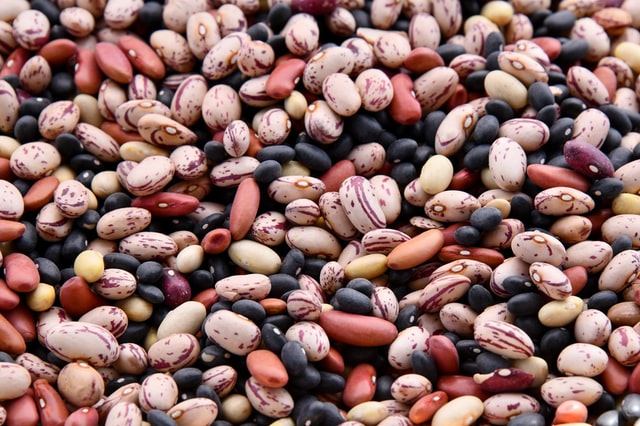Metabolism is a very interesting process that happens in the human body. It’s a series of chemical processes that helps to maintain bodily health. One of the most important things that it does is help people burn calories and maintain or lose weight. This, however, can only happen properly if you have a good metabolic rate. Besides daily supplements, there are foods to eat that can help to speed up the metabolic process. Here are some healthy foods that can increase metabolism:
Chili Peppers
These peppers may be hot, but they can be actually very beneficial to your overall health, including metabolism. Chili peppers contain a chemical called capsaicin which, backed up by research, can slightly increase one’s metabolic rate. There are even some who say that this chemical can aid in appetite control.
Beans/Legumes
Beans and legumes are among some of the highest plant protein foods. Some examples of such foods are peas, black beans, peanuts, and chickpeas. The body burns more calories with high protein foods and beans and legumes may be one of them, suggests studies. Along with protein, fiber is included, which can aid good bacteria and help the body produce fatty acids, which in turn help with storing energy.
Tea
Containing many healthy compounds, tea may be able to boost your metabolic rate. In particular, catechins are thought to work in conjunction with caffeine to increase the metabolism. Certain teas are better at this than others like oolong and matcha green tea, which can accelerate fat oxidation and calorie burning.
Dr. Barbara R. Edwards, Princeton Internist, practices at Penn Medicine Princeton Health in the Penn Medicine Princeton Medical Center. She is also the Academic Director for the Ambulatory Residency Program at Penn Medicine Princeton Health.






